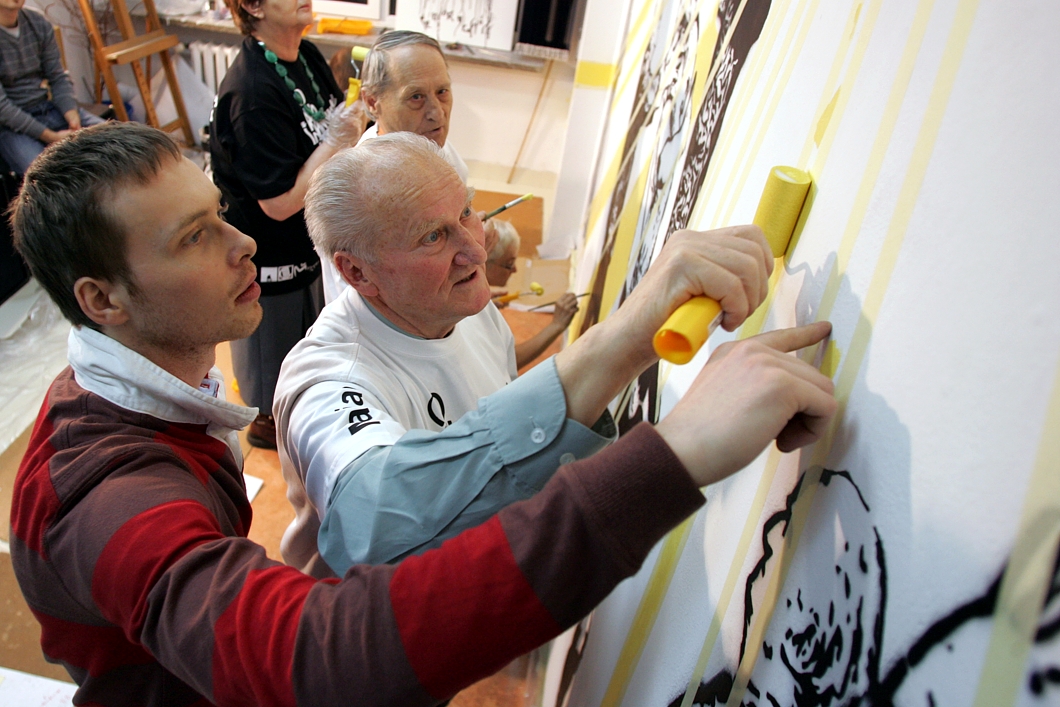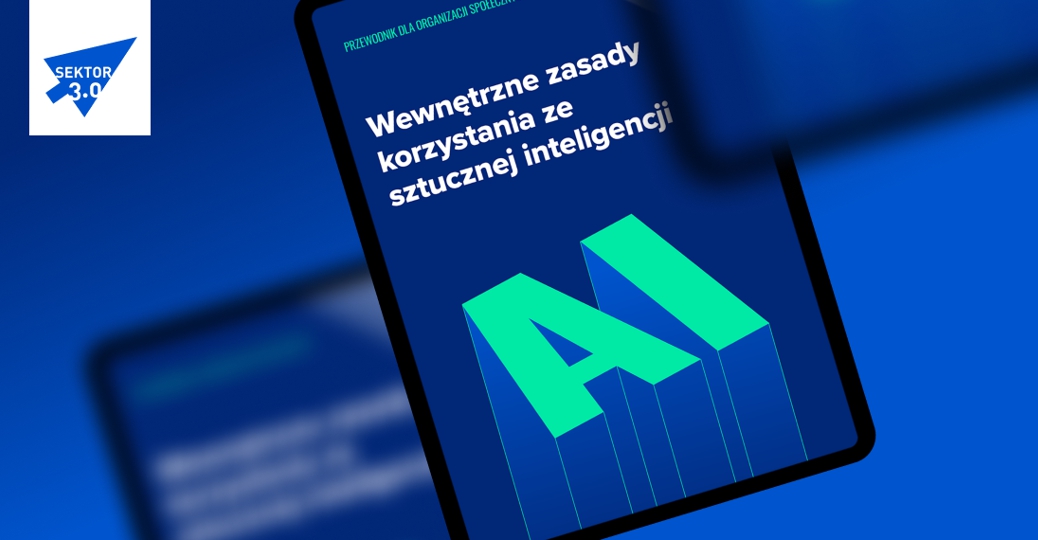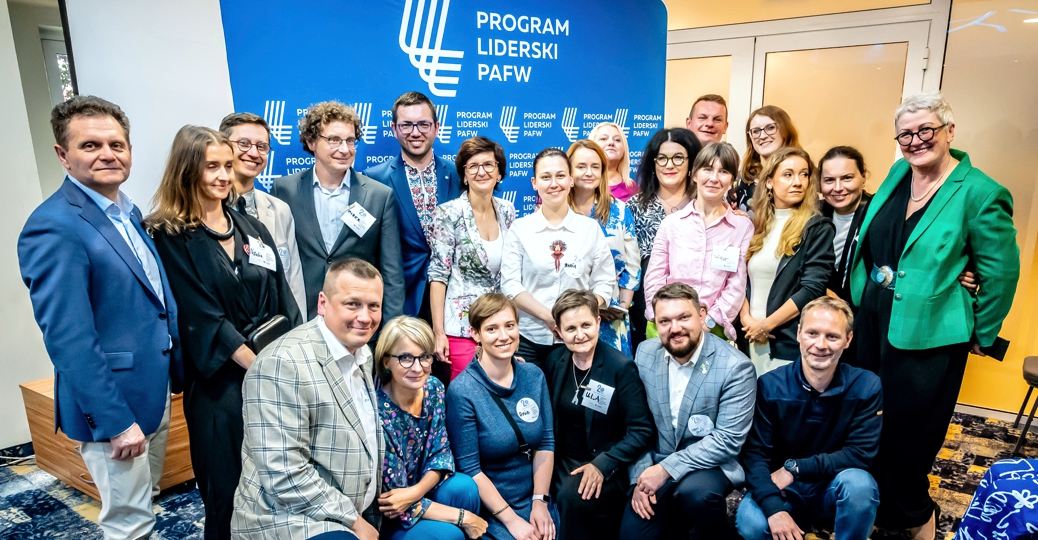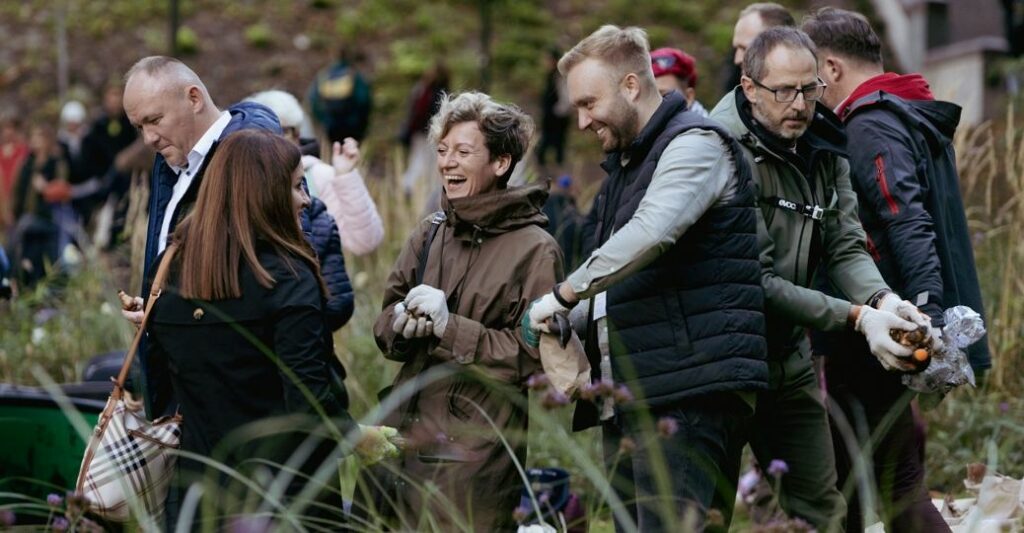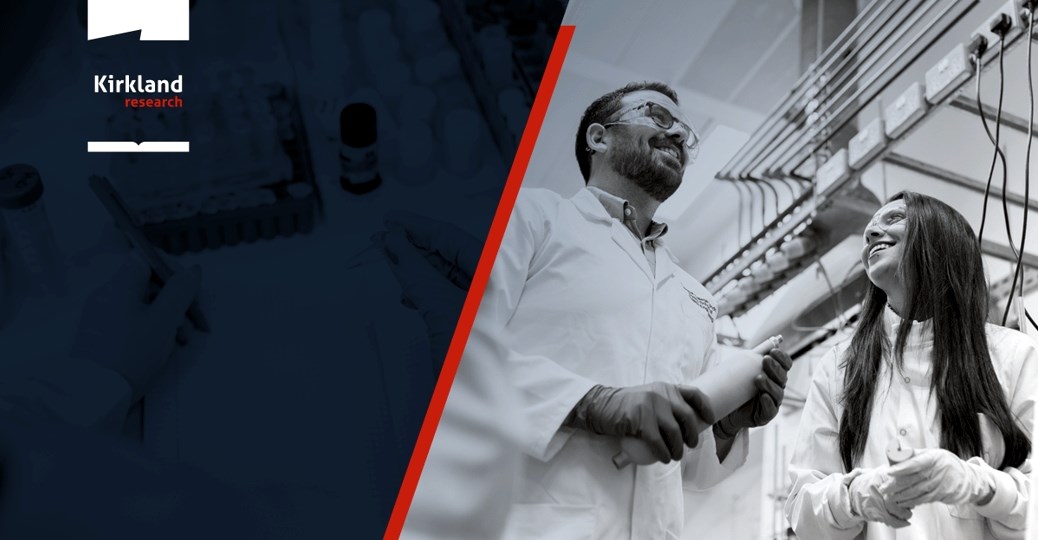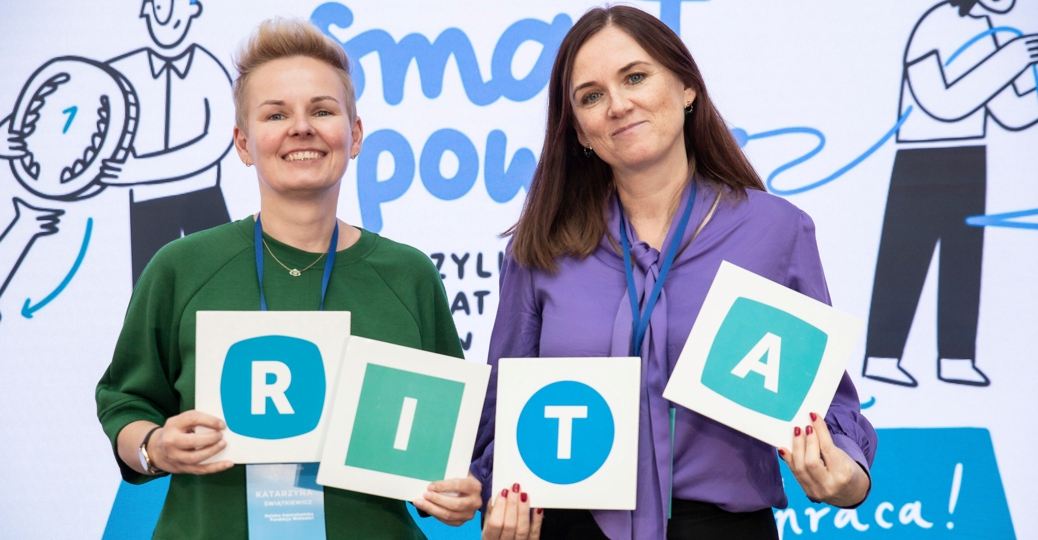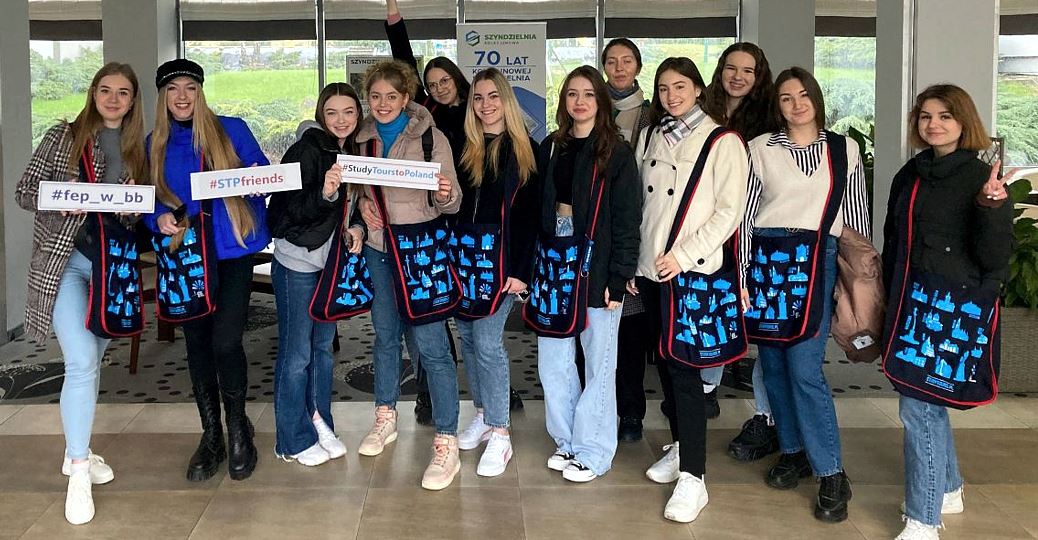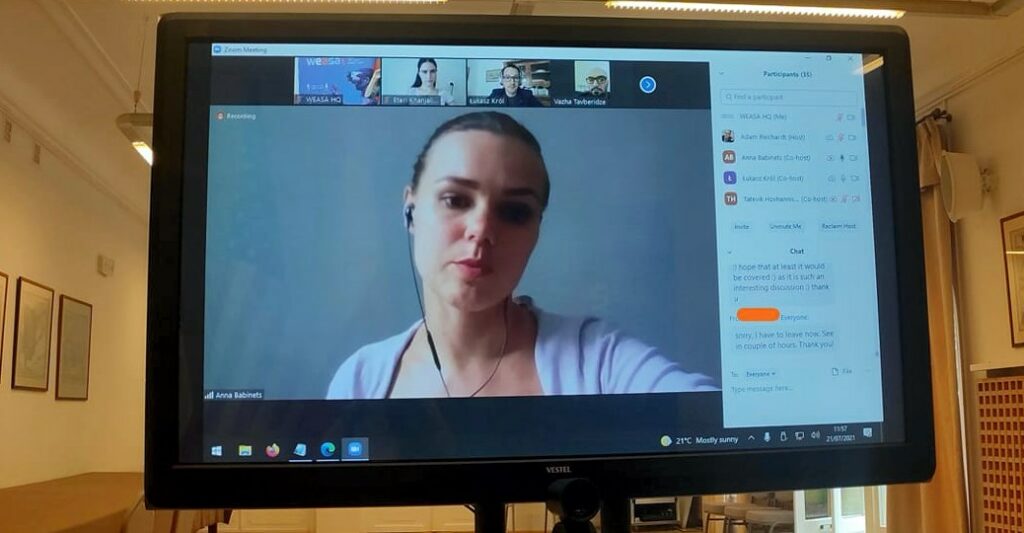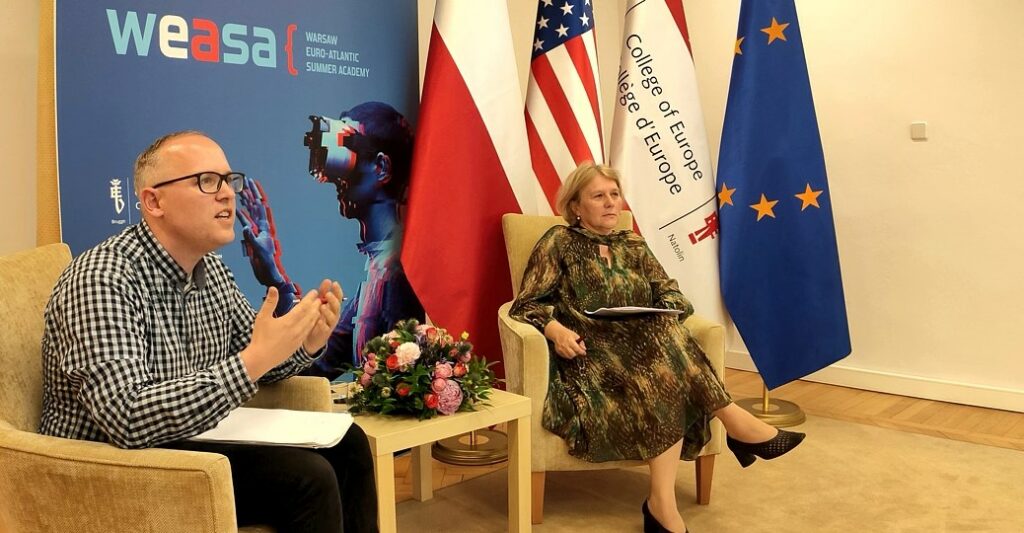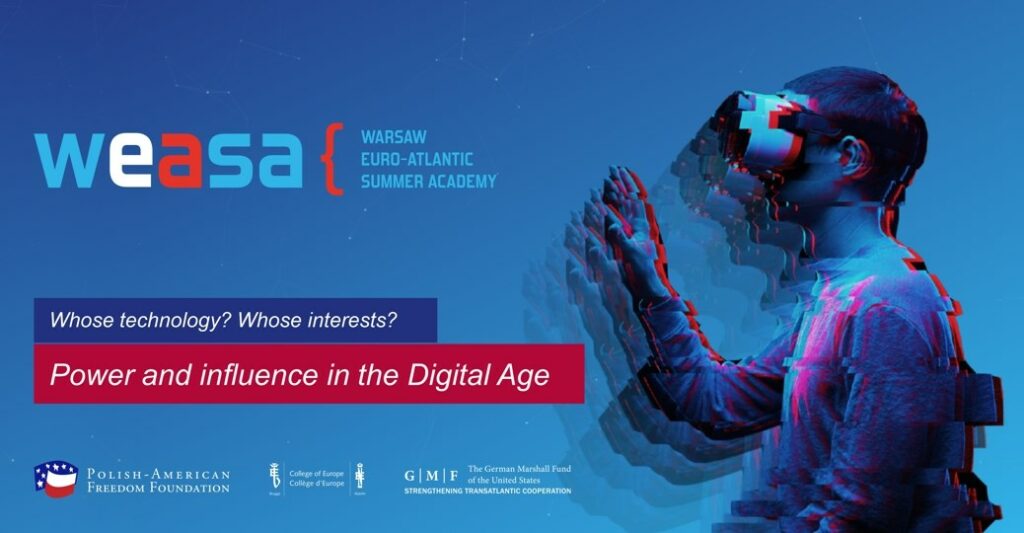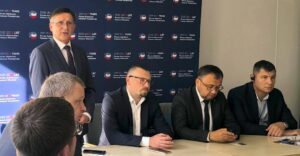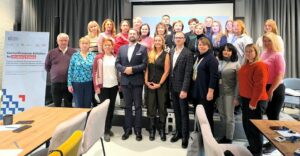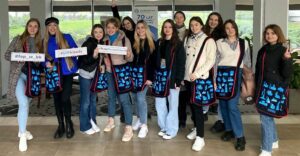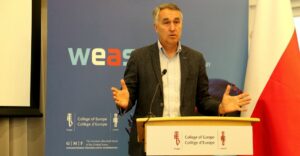The 9th round of Warsaw Euro-Atlantic Summer Academy (WEASA) took place from July 12 to July 21, 2021. Due to pandemic situation, the lectures and workshops under the “Whose technology? Whose interests? Power and influence in the Digital Age” motto were held online.
The topics of this year’s round of the Academy included 5G technology, digital security, disinformation, digital algorithms, new technologies for investigative journalism, and building democratic resilience in societies.
The opening lecture, providing an overview of modern world of technology, was given by Brian Whitmore, Senior Fellow at The Atlantic Council, a specialist in issues of disinformation, and an analyst of political situation in Belarus, Russia, and Ukraine.
WEASA offers summer sessions for professionals such as analysts, political and government advisors, think tank and NGO experts, civil service officers, and journalists coming from Eastern Partnership countries. Since 2017 the Academy has also been attended by experts from Western Balkans (Albania, Bosnia and Herzegovina, North Macedonia, Montenegro, Kosovo and Serbia). Over the last five years the leading topic of WEASA have been issues related to development of new technologies and their impact on individual people, societies, and politics.
This year’s WEASA was attended by 50 participants selected from among over 123 applications that came from 13 countries.
WEASA is a joint initiative of Polish-American Freedom Foundation, The College of Europe Natolin Campus, and The German Marshall Fund of the United States.
Over 9 rounds of WEASA (2013-2021), there were 416 participants coming from Eastern Partnership countries and from Western Balkans, including 40 people from Armenia, 30 from Azerbaijan, 35 from Belarus, 77 from Georgia, 38 from Moldova, and 118 from Ukraine.









